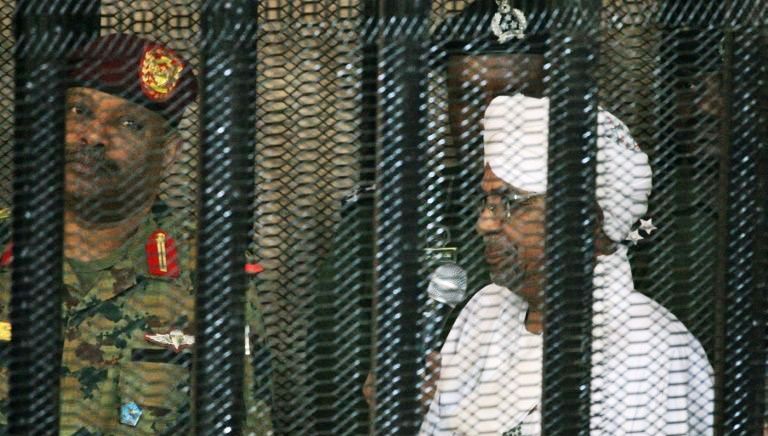No More Waiting to Transfer al-Bashir to the ICC
By Adaw Arop
This past August, my organization, Huqooq, proudly joined an appeal for Sudan’s transitional government to transfer former President Omar al-Bashir and the three other suspects for atrocities committed in Darfur to the International Criminal Court (ICC) to face charges. We hope that these transfers will soon become reality for the Sudanese people.
I work at Huqooq to defend the rights of Sudanese people, with a focus on socially excluded communities and individuals, women, and youth. In my work, I have had the chance to see that the Sudanese judicial system is not prepared to bring about justice for very serious crimes, like those committed in Darfur.
The Sudanese judiciary lacks the judicial independence to prosecute these crimes, and the unjustified delay that has occurred, and continues to occur, in our justice system only makes it less likely that the former president and the others will be brought to justice in Sudan for crimes committed in Darfur. This is precisely why Darfur victims have demanded that al-Bashir and the other suspects should be sent to the ICC.
Huqooq documents violations by the government and tribal clashes, and security incidents due to the government not fulfilling its obligations to protect people. We have a network of human rights monitors across Sudan, including Darfur, to monitor abuses.
In some of our most recent efforts, we were in South Darfur and West Darfur, where our Khartoum team went to have discussions with the population. After a recent series of clashes, people stressed that they did not have faith in the government to hold those responsible for the violence to account. They noted that the government always responds to concerns raised by creating a committee to investigate, but those committees do not provide results. The people we met with called for international justice as they do not believe they will get justice from Sudan.
We were deeply encouraged to learn in June that the Council of Ministers had approved the transfer of the three ICC suspects in Sudanese custody to the ICC, including al-Bashir. In August, the ministers approved ratification of the ICC’s Rome Statute so Sudan can be a member of the court. But we have now been waiting more than three months for a joint meeting of the Sovereign Council so it can consider and approve a final decision on the transfers and Sudan’s ICC membership.
The transitional government has taken landmark steps to cooperate with the ICC, including by facilitating the ICC prosecutor’s first visit to Darfur. But now the transitional government should hand over al-Bashir, Ahmed Harun, and Abdel Raheem Muhammad Hussein to the ICC so the victims in Darfur can, at last, have access to justice and redress.
The suspects face charges of truly heinous crimes – genocide, war crimes, and crimes against humanity. According to the UN, hundreds of thousands of people have been killed, countless women and girls were systematically raped and subjected to other forms of sexual and gender-based violence. Shouldn’t our leaders want the suspects to face the court of law that has charged them if these leaders truly represent a new era for the country after al-Bashir’s ouster?
The transfers would be a positive step for Sudan, as it will show a commitment to its international legal obligations, including respecting, protecting, and fulfilling human rights. When the UN Security Council first referred the situation in Darfur to the ICC in 2005, it explicitly required Sudan to cooperate with the court. The Council’s Resolution 1593, initiating the referral, states that the Government of Sudan “shall co-operate fully with and provide any necessary assistance” to the ICC.
Cooperation with the ICC on the transfer of the suspects would help to reinforce the message that the government is committed to justice as part of Sudan’s democratic transition and to the implementation of the Juba Peace Agreement, which includes cooperation with the court. Such cooperation would also help position Sudan as an emerging player in the global fight against impunity.
Transferring suspects could also help inspire Sudan to improve its legislative and judicial system to regain citizen’s trust in the system. It could trigger support from Sudan’s international partners to help enhance our domestic capacity to try cases involving past atrocities at home.
There really should be no more delay in the transfers of the ICC suspects. Darfuri victims and their families who have suffered amid impunity for more than 15 years should not have to wait any longer to see progress towards justice.
Adaw Arop works as Project Manager at Huqooq.

